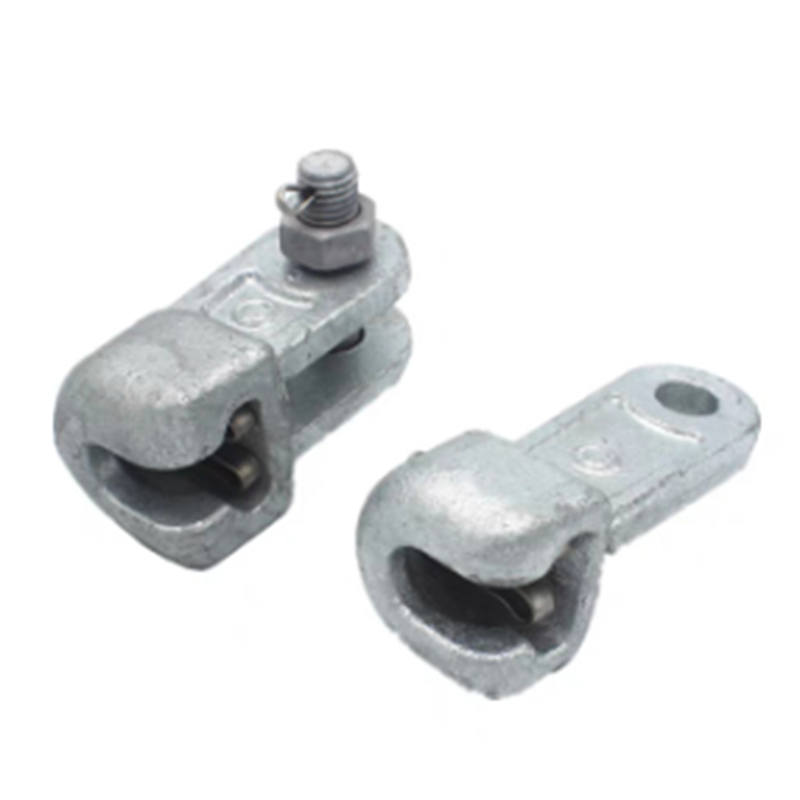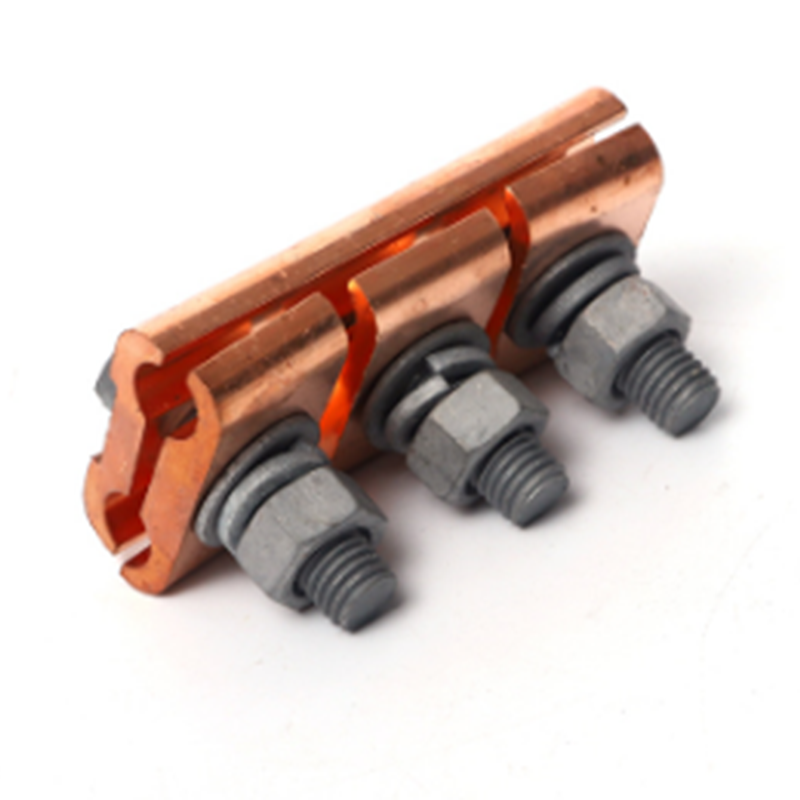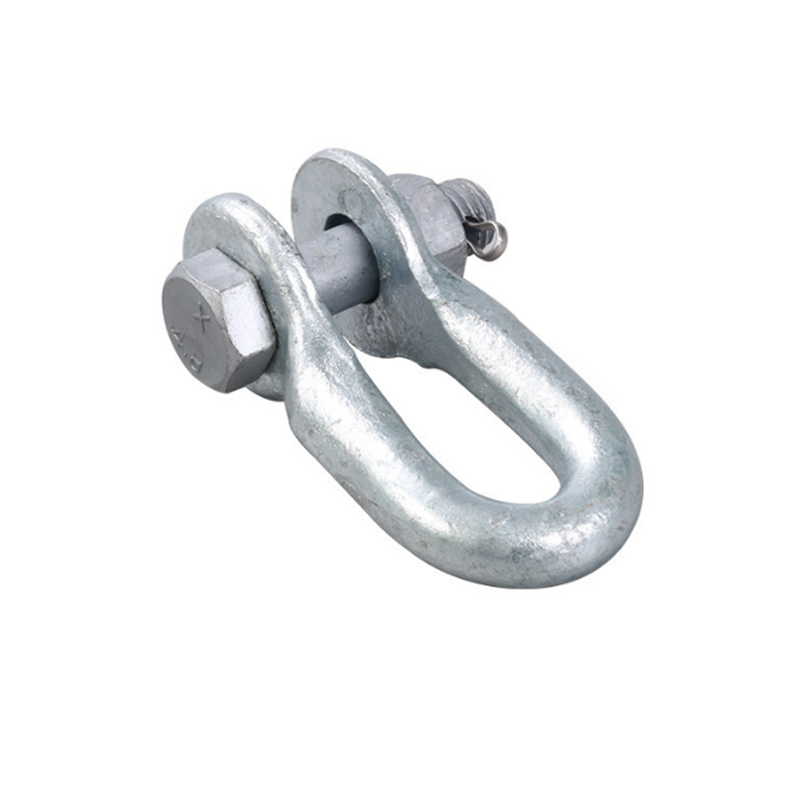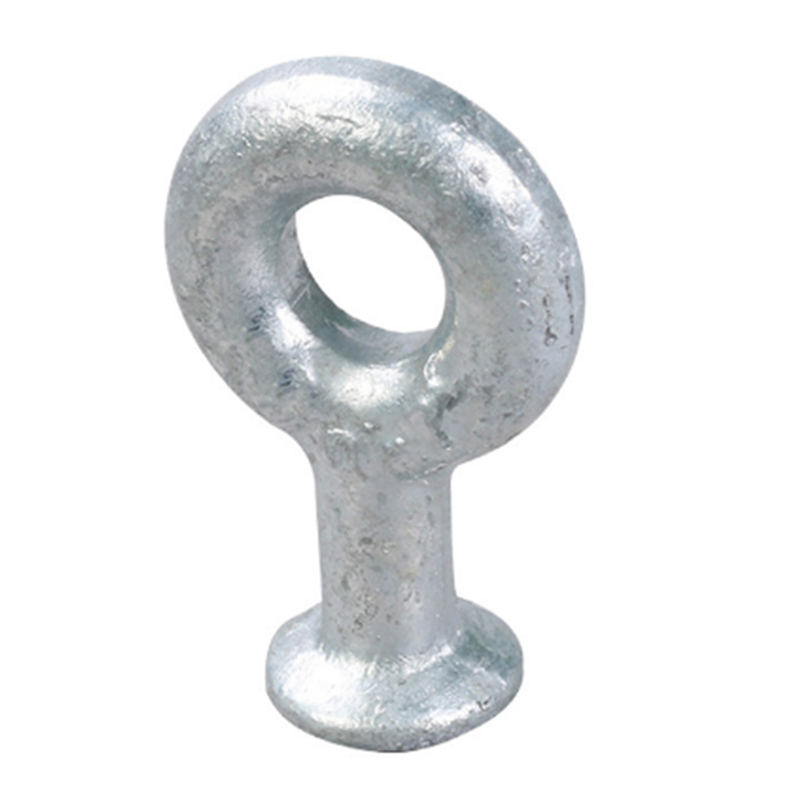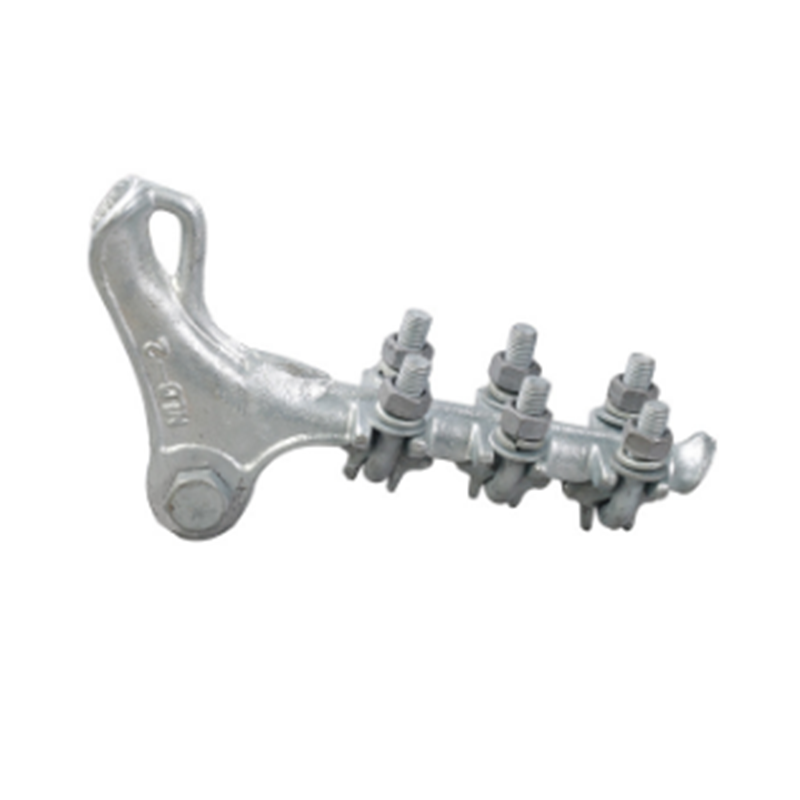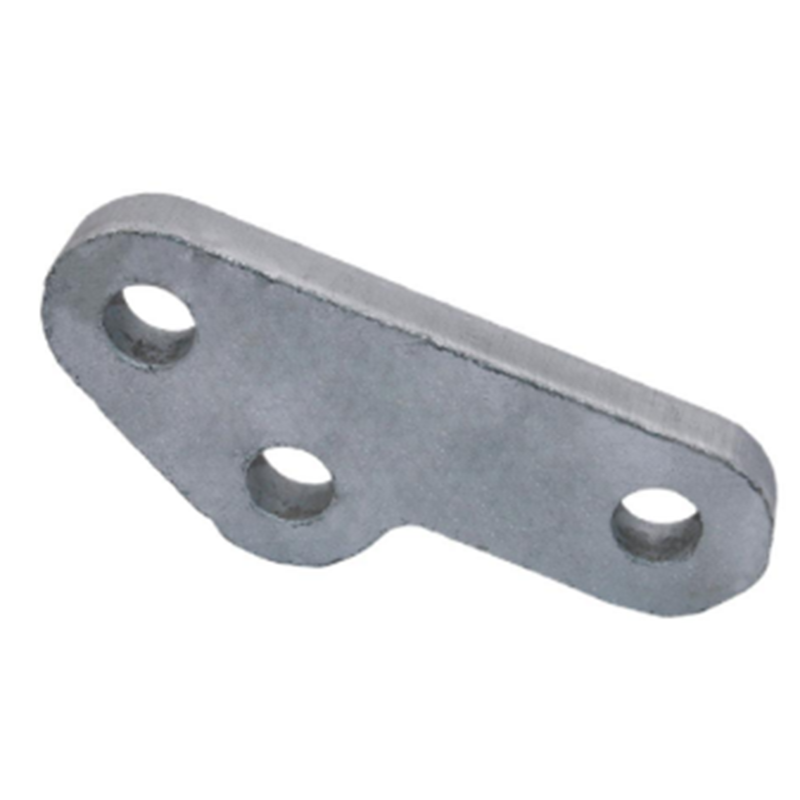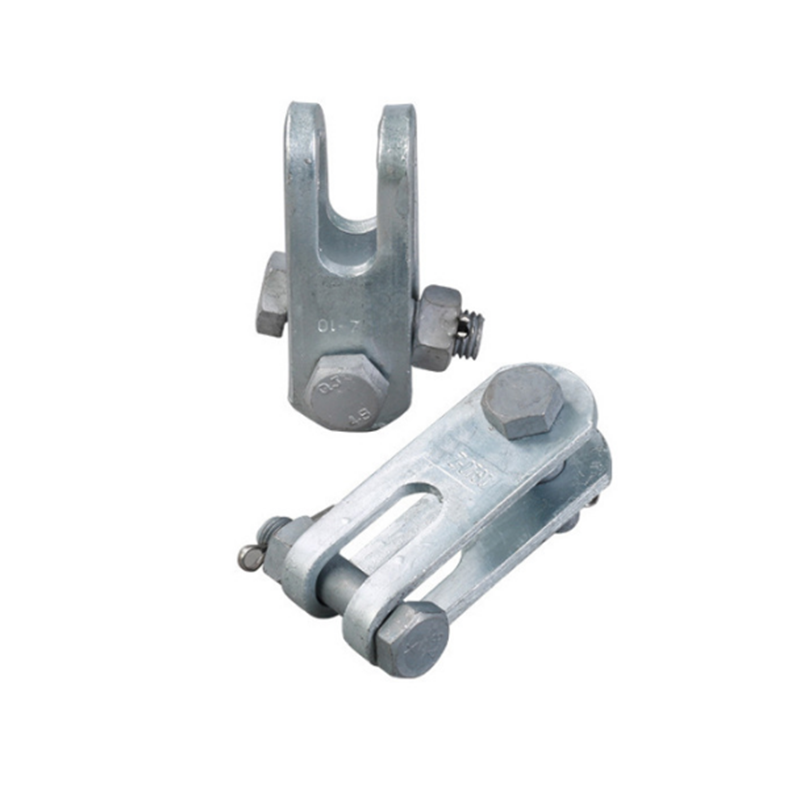- Chinese
- French
- German
- Portuguese
- Spanish
- Russian
- Japanese
- Korean
- Arabic
- Irish
- Greek
- Turkish
- Italian
- Danish
- Romanian
- Indonesian
- Czech
- Afrikaans
- Swedish
- Polish
- Basque
- Catalan
- Esperanto
- Hindi
- Lao
- Albanian
- Amharic
- Armenian
- Azerbaijani
- Belarusian
- Bengali
- Bosnian
- Bulgarian
- Cebuano
- Chichewa
- Corsican
- Croatian
- Dutch
- Estonian
- Filipino
- Finnish
- Frisian
- Galician
- Georgian
- Gujarati
- Haitian
- Hausa
- Hawaiian
- Hebrew
- Hmong
- Hungarian
- Icelandic
- Igbo
- Javanese
- Kannada
- Kazakh
- Khmer
- Kurdish
- Kyrgyz
- Latin
- Latvian
- Lithuanian
- Luxembou..
- Macedonian
- Malagasy
- Malay
- Malayalam
- Maltese
- Maori
- Marathi
- Mongolian
- Burmese
- Nepali
- Norwegian
- Pashto
- Persian
- Punjabi
- Serbian
- Sesotho
- Sinhala
- Slovak
- Slovenian
- Somali
- Samoan
- Scots Gaelic
- Shona
- Sindhi
- Sundanese
- Swahili
- Tajik
- Tamil
- Telugu
- Thai
- Ukrainian
- Urdu
- Uzbek
- Vietnamese
- Welsh
- Xhosa
- Yiddish
- Yoruba
- Zulu
- Kinyarwanda
- Tatar
- Oriya
- Turkmen
- Uyghur

Machine Screws Stainless Steel
The Crucial Role of Stainless Steel Machine Screws in Modern Manufacturing
Understanding the nuances of machine screws stainless steel is vital for anyone involved in manufacturing or assembly work. While they might seem like simple components, the choice of screw can significantly impact product durability and safety. In this discussion, I’ll share some insights that are often overlooked but can be crucial in selecting the right fasteners for your application.
Why Stainless Steel?
First off, let’s consider why stainless steel is often the material of choice. Its primary allure is corrosion resistance. I recall a project where a failure to select the correct material resulted in rust issues within just a few months. Stainless steel, with its chromium content, forms a passive layer that resists corrosion—a handy feature when exposure to moisture is a constant concern.
Moreover, stainless steel offers strength without compromising on elasticity. This feature is essential in dynamic environments where materials expand and contract with temperature changes. I’ve seen first-hand how other materials can lead to structural loosening, something you rarely encounter with stainless steel.
However, stainless steel isn’t always the answer. In highly specialized settings, like those requiring extraordinarily lightweight components, alternatives might make more sense. It’s crucial to gauge the operational environment meticulously.
Choosing Machine Screws
Deciding on the specific type of machine screw can be tricky. In my experience, the general rule is to match the screw to the material it’s going into. Low torque and high torque applications have different demands—this is where understanding thread count is vital.
High thread counts are excellent for materials like sheet metal, offering greater hold with less depth. On the other hand, for softer materials, a lower thread count might do a better job without compromising integrity. I remember an incident from years ago involving stripped threads because of mismatched screw types; it was a lesson in the importance of proper selection.
Companies like Shengfeng Hardware Fastener Factory, known for their extensive range of fasteners, can provide tailored advice. Located strategically in Hebei, their catalog includes over 100 specifications, catering to a variety of needs. Discover more on their website: Shengfeng Hardware Fastener Factory.
Installation Techniques
It’s not just about the material and type; how you install these screws matters too. Improper installation can lead to failures down the line. Pre-drilling, for example, is an often-missed step that can preserve the integrity of both the screw and the material.
Imagine working on a metal chassis for an electronic device. You'd most likely need precision tools to maintain alignment and torque settings. An electric driver with variable speeds can offer better control compared to manual methods. Once, while working on a prototype, we saved a significant amount of rework by being meticulous with our installation approach.
In addition, always use washers when applicable; they distribute load and reduce the chance of pulling through the material. It’s a simple addition that can vastly improve the life of your assembly.
Common Mistakes
Despite their straightforward appearance, handling machinery screws improperly happens more often than you’d think. A frequent error involves over-tightening. Stainless steel can be quite forgiving, but excessive force can lead to thread stripping.
In several audits I’ve performed, loose screws or misalignment were the top issues—often stemming from haste during installation. Taking the time to ensure correct torque settings can save significant hassle down the line.
Another overlooked aspect is the environmental impact on the fasteners used. Somewhere down the line, material fatigue might set in if the chosen screws aren’t up to scratch for extreme temperature or chemical exposure.
Case Studies and Learning
Let’s delve into a concrete example: the assembly of an outdoor fixture in a coastal environment. Here, corrosion resistance was paramount, and switching to stainless steel machine screws led to a noticeable reduction in maintenance requirements—a firsthand lesson in material science application.
However, even then, there’s no one-size-fits-all scenario. For unique applications, consulting with a manufacturer like Shengfeng, who’s adept at providing a wide variety of hardware solutions, can be invaluable. Their location near National Highway 107 in Handan City facilitates swift support across diverse geographic locations.
In conclusion, while machine screws stainless steel might be a small component, their impact is substantial. Understanding their application and choosing wisely can make a significant difference in product performance and longevity.
Соответствующая продукция
Соответствующая продукция





